Committee Member
BioMar are actively engaged in the IFFO communications group. As longstanding members of IFFO, BioMar regularly attend their member conferences discussing the key issues in the marine ingredient sector.

BioMar are actively engaged in the IFFO communications group. As longstanding members of IFFO, BioMar regularly attend their member conferences discussing the key issues in the marine ingredient sector.

We support NAPA’s advocacy as part of a value chain group working to secure long-term agreements for key North Atlantic pelagic fish stocks. We’re active in all species sub-groups.

As a member of the MarinTrust Standards Committee, we joined as a panellist at the MarinTrust side event during the 2024 IFFO conference in Lisbon, promoting responsible sourcing.

We are a member of the Global Round Table on Marine Ingredients, helping drive social and environmental progress in key fisheries through this multi-stakeholder initiative.

BioMar helped produce and certify over 60,000 tons of European soybeans through the Donau Soja Protein Partnerships, boosting efficiency, fairness, and sustainability in food and feed protein value chains.
Circular & Restorative feeds are one of our key priorities and represent a significant element in Our Milestones in 2024 and Our Targets for 2030.
Results (21)

The collaboration between Lunar, BioMar, Scottish Sea Farms, and Marks & Spencer is a great example of a local value chain in action, that starts in Scottish waters and ends on Scottish dinner tables. By working together, we can enhance the resilience of Scotland’s seafood supply chain, ensuring a responsible and efficient food system.
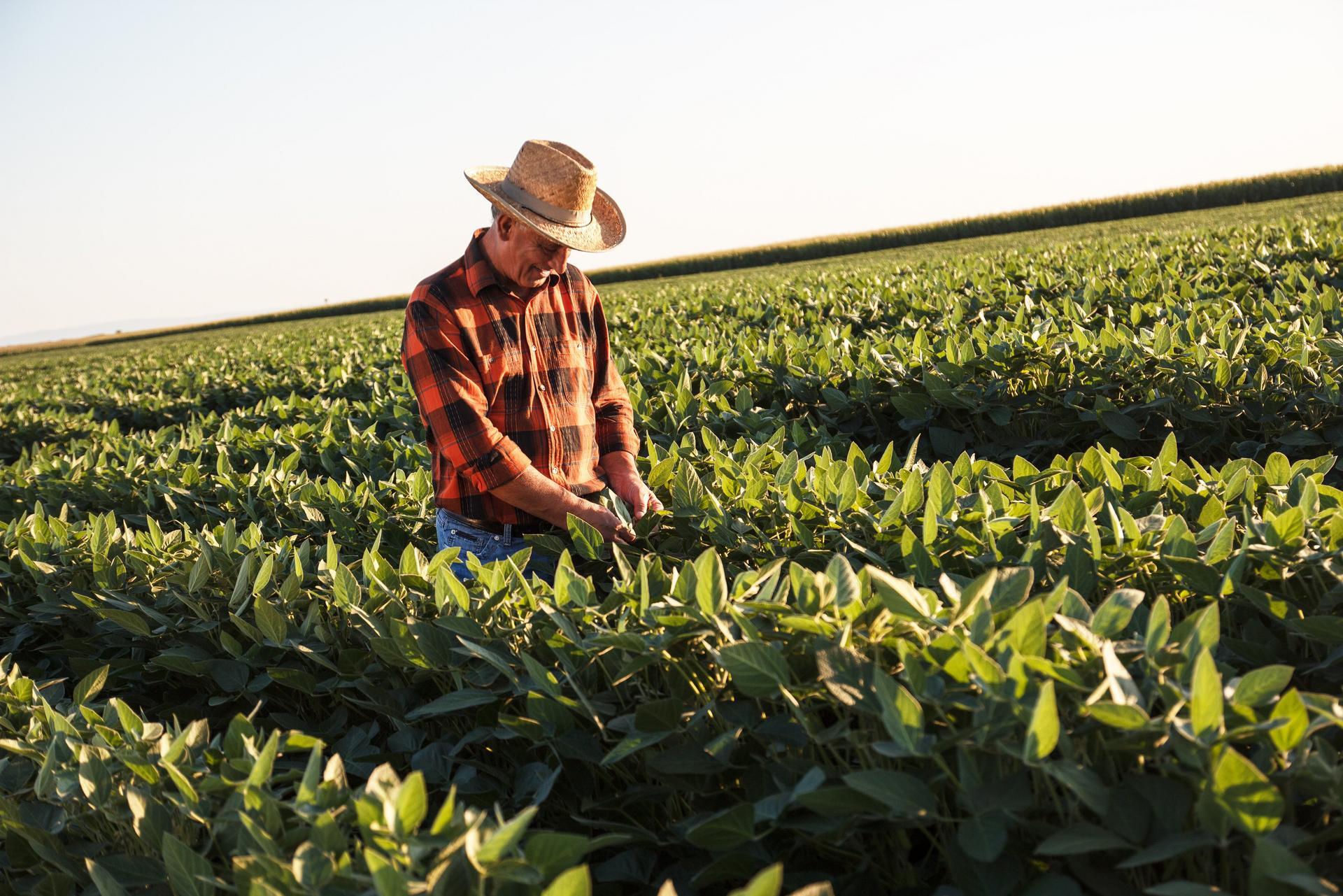
Conventional farming has led to soil degradation, with an estimated 60 years of topsoil left if depletion continues. Regenerative agriculture offers a solution by improving soil microbiomes, which are crucial in creating symbiotic relationships with crops.
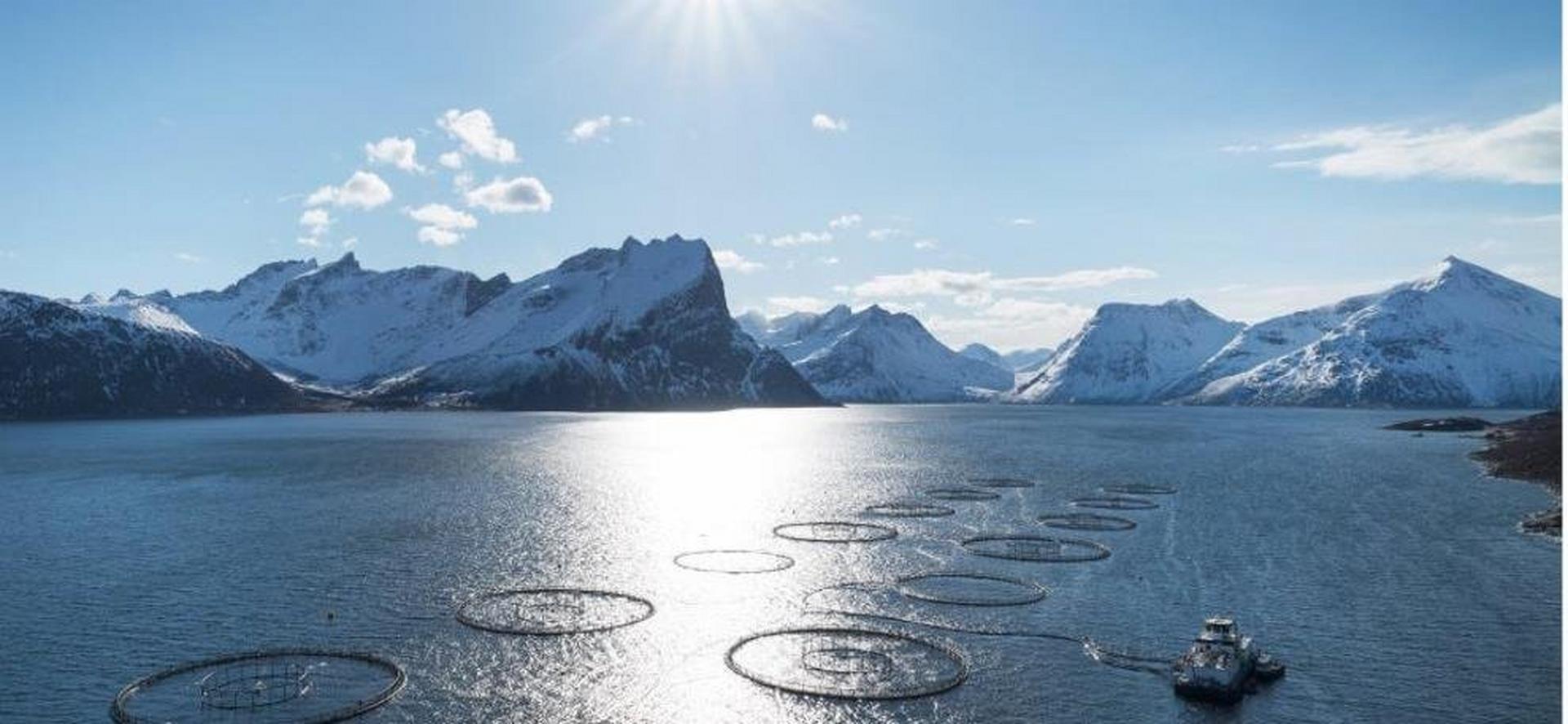
The Sustainable Feed Mission is a Norwegian national initiative set to transform their food system though feeds. Bringing together industry, research, and policymakers, the mission aims to cut emissions, enhance food security, and strengthen Norwegian feed ingredient production.

Biomar, in its effort to continue with its 2030 sustainability agenda, has made progress in defining and developing suppliers that are sustainable and increasingly closer to our production factories.

BioMar’s Costa Rica production facility has achieved ASC Feed Certification, marking a significant step forward towards responsible feed production for Central America's aquaculture industry.

An all-time low FFDR of 0.37 was reported today in BioMar’s 2024 Sustainability Report. This milestone was reached through the innovative use of alternative ingredients and trimmings, which now represent 55% of the total marine ingredients.

Sourcing raw materials for aquaculture has a significant impact on the environment, particularly when it comes to greenhouse gas (GHG) emissions. The extraction, processing, and transportation of these materials contribute substantially to emissions. However, better sourcing practices can help reduce these emissions, and a climate-friendly approach is key to ensuring sustainable aquaculture production.
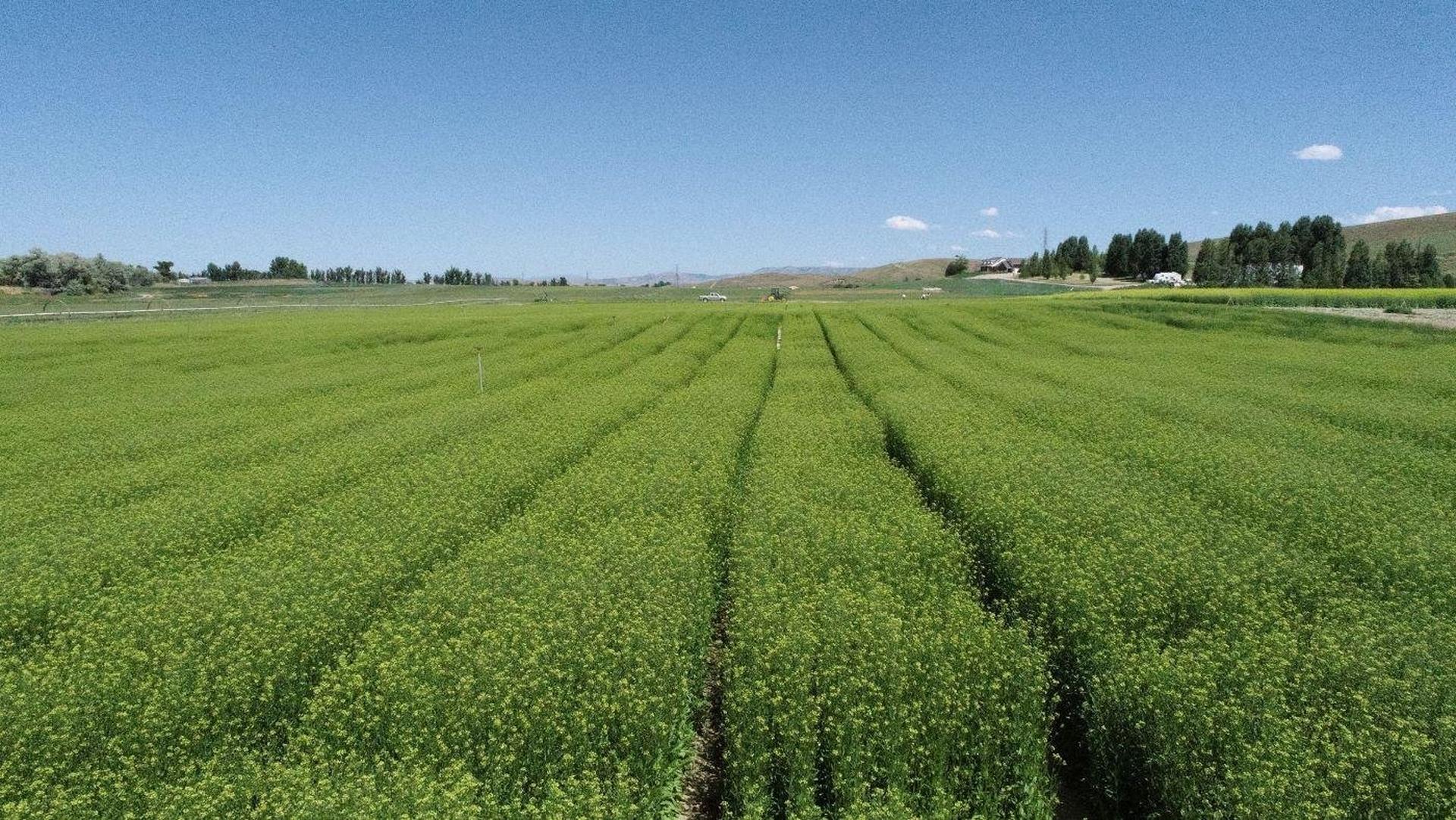
Yield10 Bioscience and BioMar Group have signed an agreement to form a long-term partnership to commercialise a Camelina crop.

BioMar consumed approximately 1.6 million tonnes of RMs, which are diverse, sourced globally, and purchased from hundreds of suppliers.
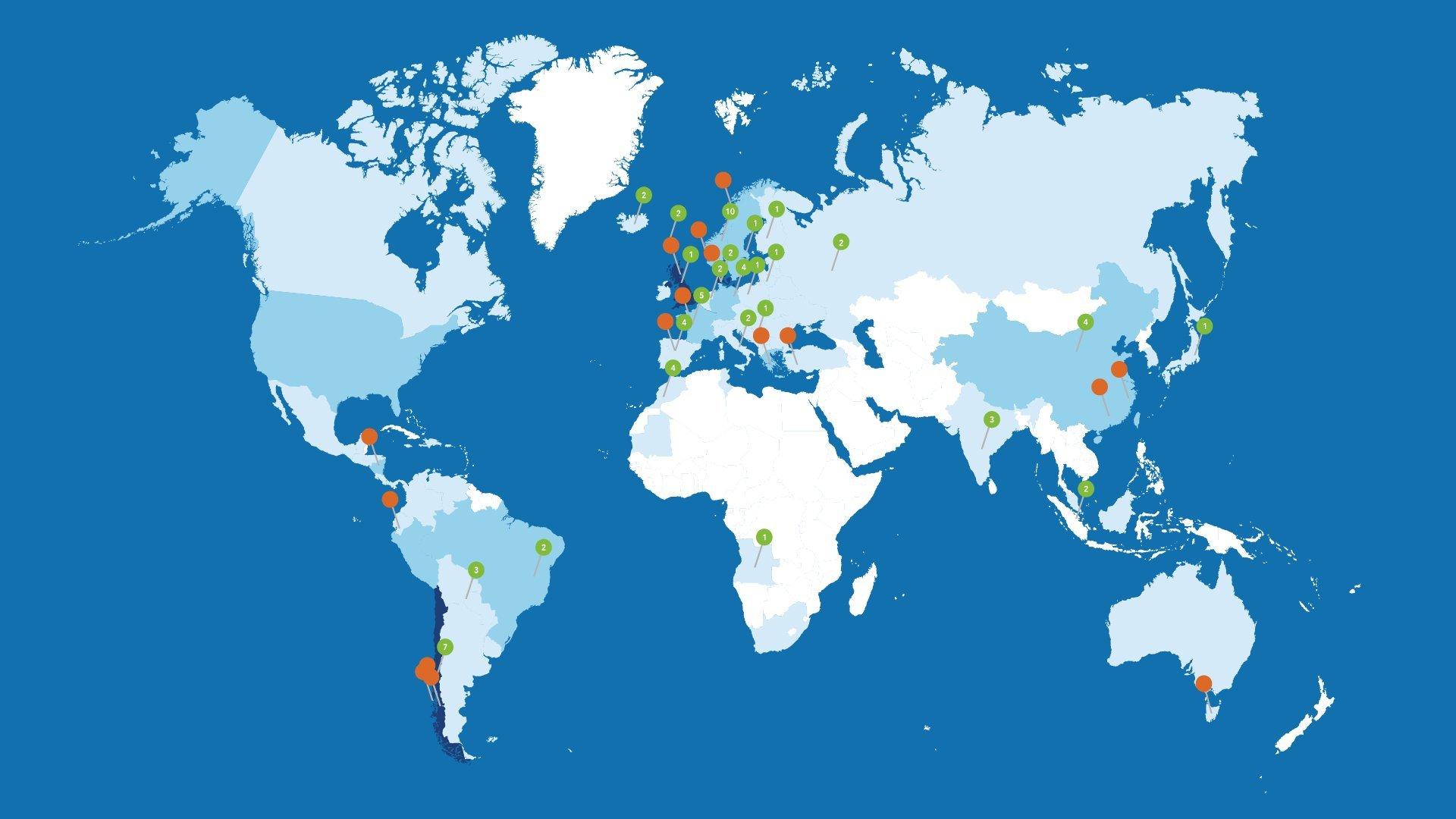
Raw materials purchased by BioMar are sourced all over the globe and from very different environments.
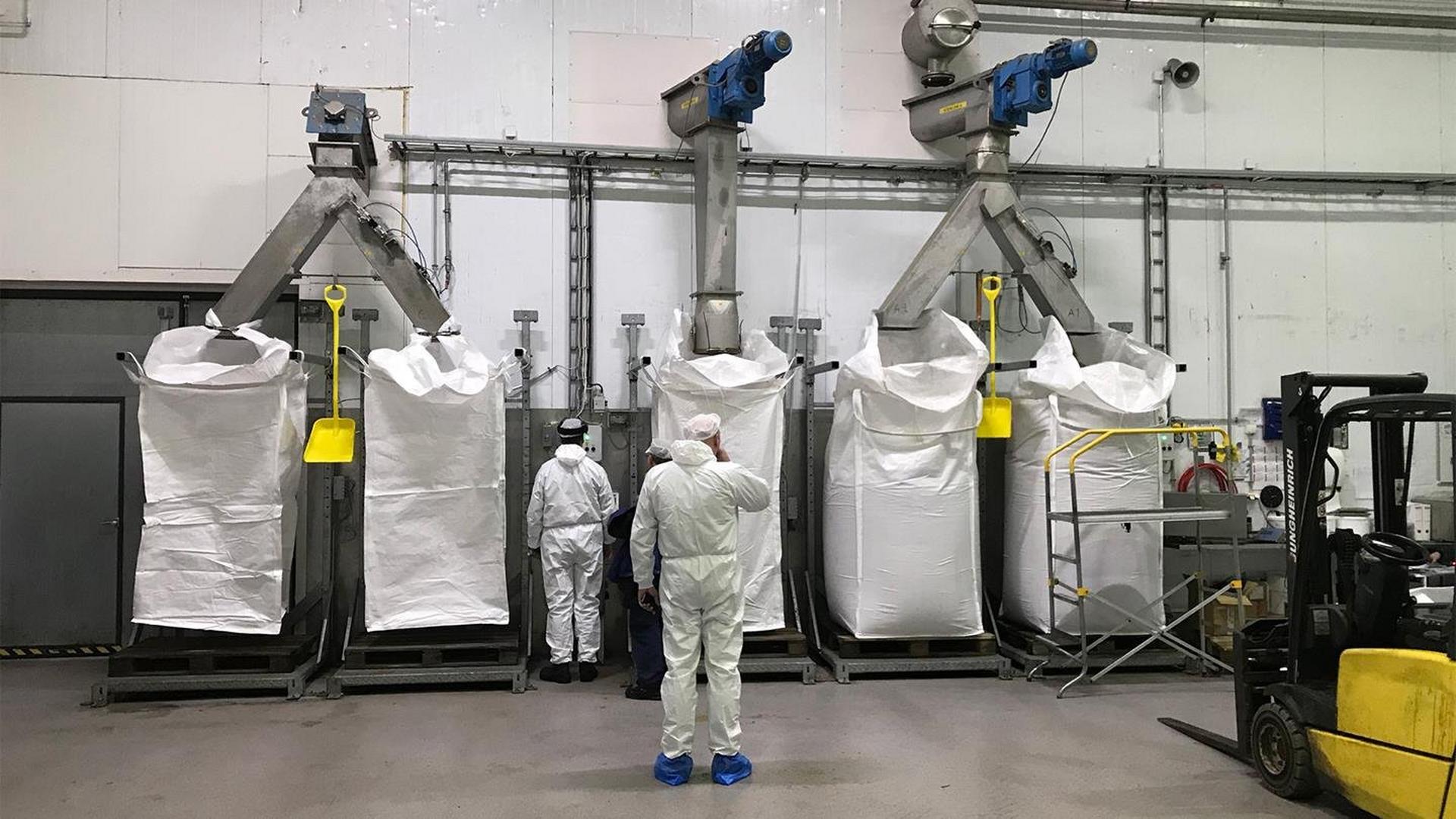
BioMar has several ways of securing responsibly sourced and safe raw materials.
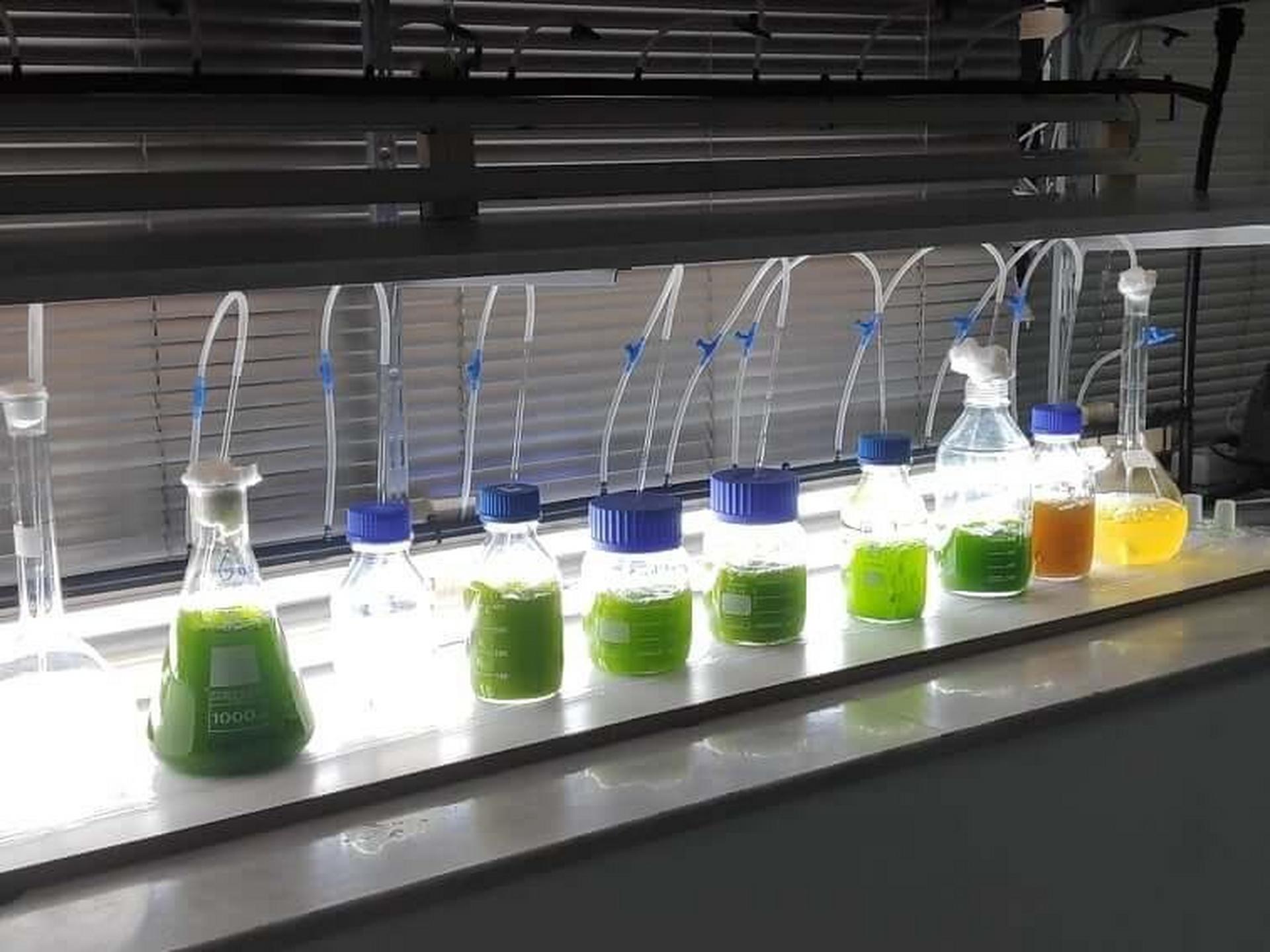
Early results from the “Alga4Fuel&Aqua” research project, in which BioMar Hellenic is participating, indicate that a mix of the microalgae species